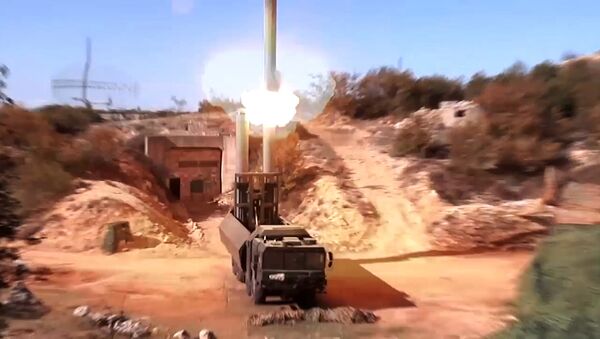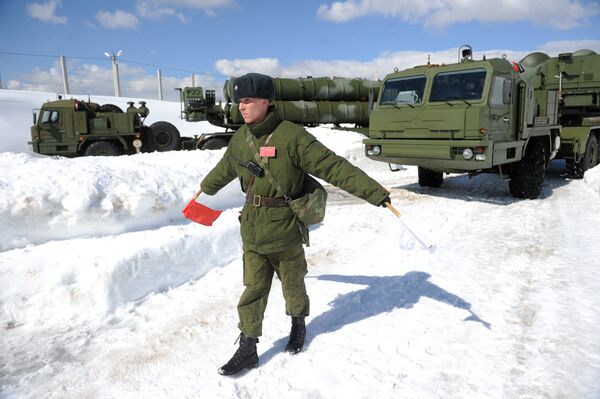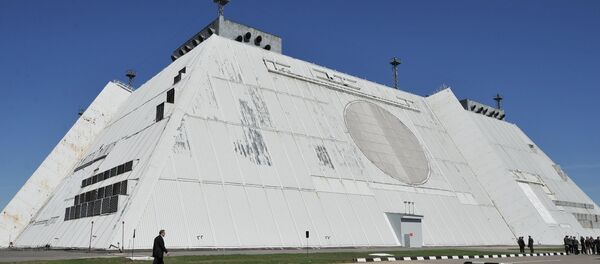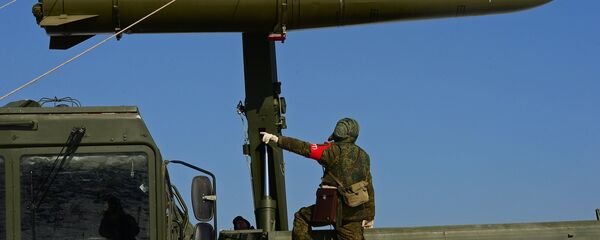Last week, virtually the entire spectrum of British print media, including The Daily Mail, The Independent, IBT, The Times, and several military publications wrote about the creation of the "devastating" and "game-changing" new Russian hypersonic missile, the Zircon, which when deployed starting in 2020 will be capable of defeating any British warship's anti-missile defenses due to its extreme speed.
Journalists warned that Russia's other new anti-ship missile, the supersonic P-800 Oniks, also poses the serious threat to the Royal Navy. Finally, the papers complained, Russia's S-300 and S-400 surface-to-air missile systems already have no Western equivalent, with the S-500 Prometey currently in development expected to be even deadlier.
Speaking to Radio Sputnik about the British military's 'sudden realization' about the deadly capabilities of Russian weapons, military observer Mikhail Khodarenok suggested that there were several good reasons for the British military to be concerned.
However, in practice "it's very difficult" to stop these weapons, Khodarenok added. "For example, deterring the P-800 Oniks anti-ship missile is very difficult, since the missiles are capable of flying toward an enemy ship at very low altitudes, and at twice the speed of sound; in other words, they remain in the zone of destruction by the ship's onboard anti-missile systems for a matter of only a few seconds."
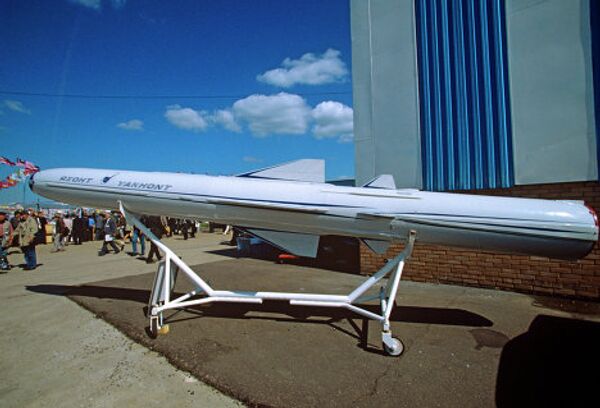
As for the Zircon, deterring against that weapon will be even more difficult, Khodarenok stressed. "The Zircon will be hypersonic, and the means to combat them are not yet available, because no anti-aircraft missile system can yet target cruise missiles which move toward their targets at hypersonic speeds."
Ultimately, Khodarenok suggested that the UK media's newfound interest in the capabilities of Russian weapons will probably be used as an excuse for the country to increase its military budget.
"As a rule, such 'scare tactics' are used to try to squeeze out an increase in spending on national defense. But here it's worth noting that the main developer and supplier of the relevant systems – the kind which could compete on equal terms with Russian arms and equipment, is the United States." Accordingly, Khodarenok noted, the British will probably be counting on their American allies to come up with the appropriate response.
Whatever the case may be, Moscow might take some comfort in the sensationalized reporting about Russian weapons, reasoning that a recognition of the strength of Russian arms might just calm forces aiming to continue NATO's confrontational approach toward Russia.
